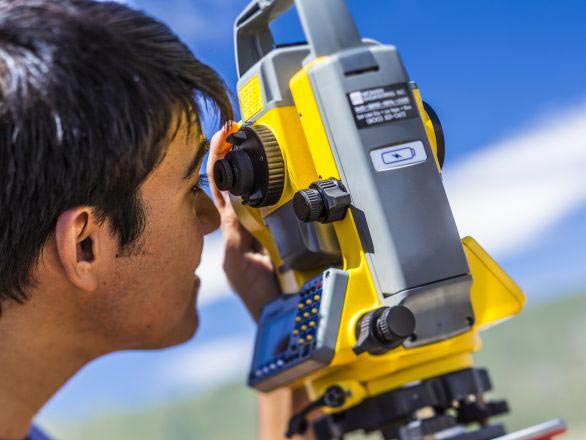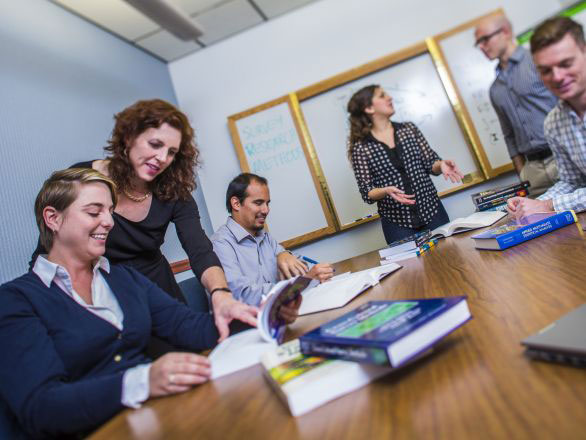Due to the academic environment surrounding the application of artificial intelligence (AI), most especially large language models (LLMs), Undergraduate Research seeks to emphasize accuracy, transparency, accountability, authenticity, merit and academic growth in undergraduate research.
At the University of Nevada, Reno, the Student Code of Conduct, Section 1: Purpose, paragraph 2 states lessons and characteristics the institution develops in its graduates beyond their degree curriculum. Among those lessons we highlight the University’s contribution to teaching responsibility, respect and accountability. Our office holds those three values in high regard and seeks to enforce them in any student work associated with our office, including award applications, poster presentations and journal submissions.
Our policy is that undergraduate researchers must be accurate, transparent and accountable in their use of AI, because an end product reflects not only on them but also their mentor, their college and the University. AI is seen as a versatile tool with many applications, including brainstorming, planning, analyzing, generating new content and so forth. To be accurate, students must responsibly check their work, especially if any of it has been generated by AI. Individuals should consult a trusted source or expert to ensure the generated content is valid. To be transparent and accountable, undergraduate researchers must properly disclose and cite the use of AI tools.
It is fundamental to research to explore the unknown, and we support the development of, training in, and use of new research tools such as AI-based resources. We do not support plagiarism, knowingly releasing false information or concealing resources and tools used.
Be responsible with your use of any research tool, including AI. It is never wrong to attribute your tools, sources, mentors and methods. It makes the field far more thorough, rigorous and trustworthy. As a responsible researcher it is important to keep in mind the influence your work can have on the world.
Undergraduate Research’s policy on AI is its own and does not limit the policies or perspectives of the University as a whole, colleges or departments.




